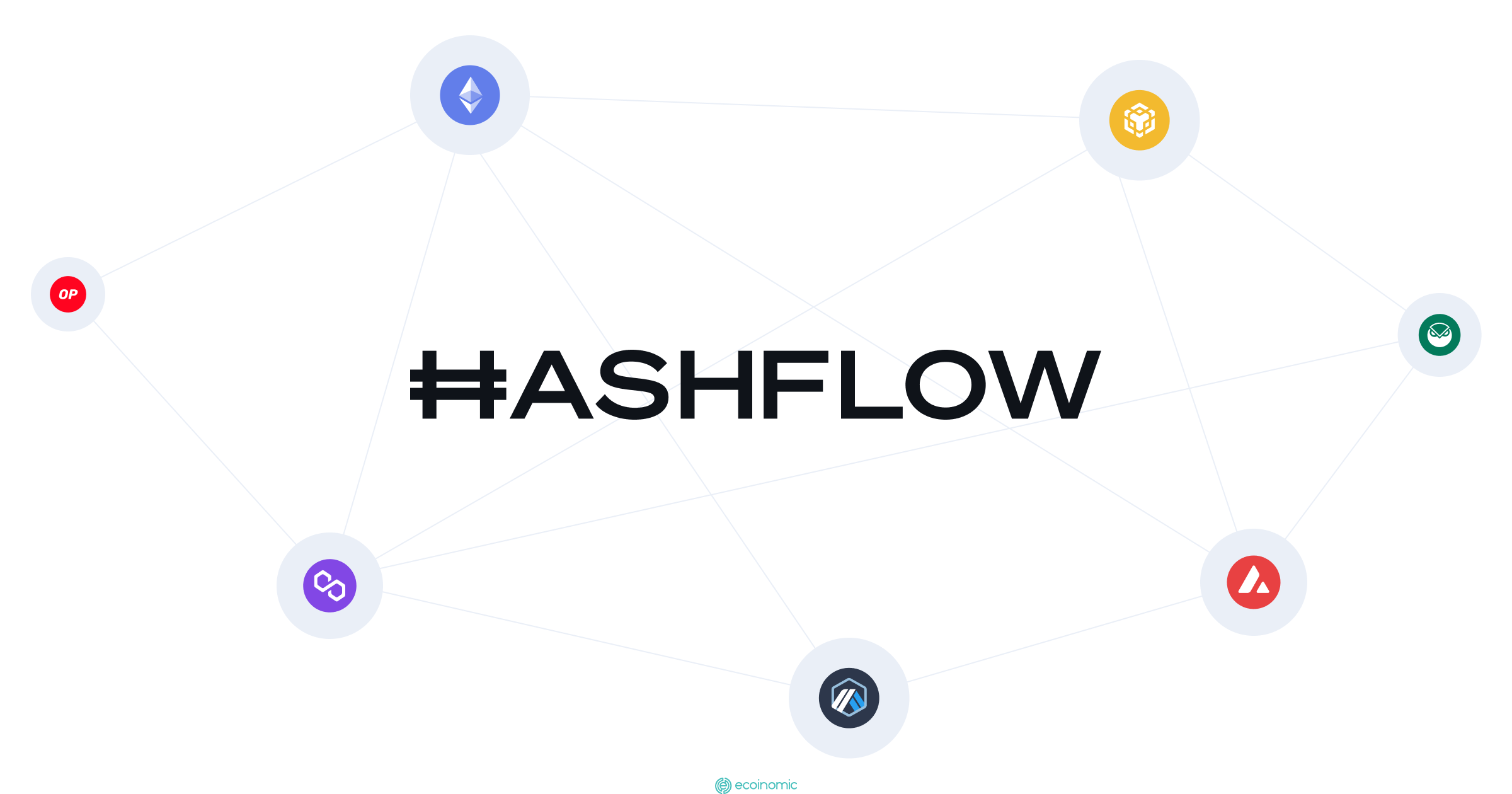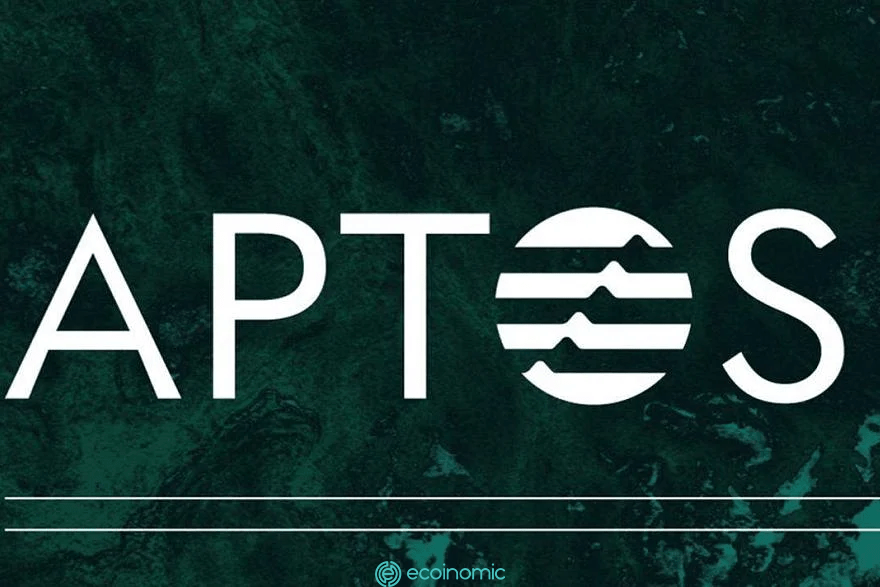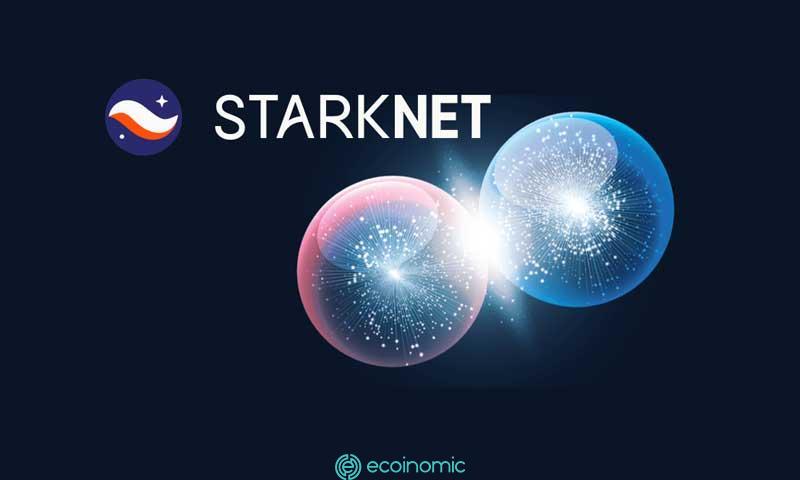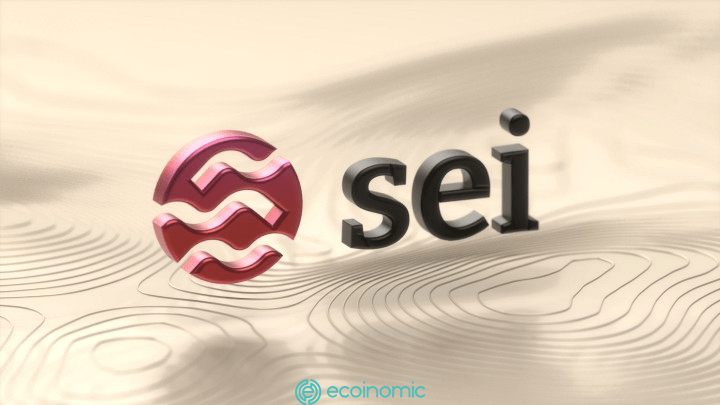Advertisement
Germany became the top country in Coincub’s ranking of the most cryptocurrency-friendly countries in Q1 2022. This European country allows its domestic savings industry to take advantage of cryptocurrency investments. The investment is also supported by a tax-free policy on long-term capital from cryptocurrencies. At the same time, their Bitcoin and Ethereum Nodes rank second only to the US.

Blockchain Usage
In 2019, Germany was the first country to apply the Blockchain strategy to harness the technological potential, promoting argument transfer. This makes Germany an attractive hub for the development of blockchain, Web3 and metaverse applications in financial technology, climate technology, government technology and business, including the German digital identity project.
The German Association of Savings Banks – a network of 400 savings banks in German-speaking countries – has begun developing blockchain Financial Technology applications to allow customers to buy and sell cryptocurrencies. Companies such as Volkswagen, About You, SAP, BrainBot and BigchainDB have developed NFT, metaverse, Web3, government technology of cryptocurrency payment applications that are widely used in e-commerce to buy goods.
Amount of cryptocurrency usage
As of the end of 2021, approximately 2.6% of Germans have used cryptocurrencies. And according to a recent report by KuCoin, 44% of Germans are encouraged to invest in cryptocurrencies.

Investors in Germany can enter the cryptocurrency and blockchain markets through companies and platforms such as 1inch Exchange, Nuri, FinLab, MineSpider, NAGA Group, Tangany, Coindex, CryptoTax, Upvest, Fiona, Blocksize Capital, USDX Wallet, Bitbond and Iota Foundation, or they can shop on Sugartrends using Dash.
Germany is one of 10 cryptocurrency mining countries and is also home to the headquarters of Europe’s largest mining company, Northern Data, which is powered largely by renewable energy.
Central Bank digital currency
According to a survey from Deutsche Bundesbank, the Central Bank of Germany, the proportion of cash payments in point-of-sale transactions by Germans fell from 74% in 2017 to 60% in 2020. Accordingly, the Bundesbank is developing distributed ledger payment technology. Meanwhile, the European Central Bank is in the process of creating CBDCs, modeled after the digital euro. A recent study by the ECB, based on discussions with eu citizens, highlighted security and global use as key concerns.

NFT and metaverse
Metaverse is the next wave of Web3, changing the way we interact, socialize, work, play video games, raise money for charity, sell NFT, and participate in music shows, sporting events, and workshops. In 2017, the ZKM Center for Arts and Media in Karlsruhe acquired a number of NFT. They have been at the forefront of the 2021 trend and are now showcasing works from their own collections and private credit with the exhibition “ZKM Cube” – an outdoor box-shaped display for the public.

Since the NFT craze, German sportswear company Adidas has partnered with Bored Ape Yacht Club and Prada for a climate-focused volunteer NFT project on the Polygon Blockchain platform to raise public awareness. Besides, The German car company Volkswagen has successfully launched an interactive NFT advertising campaign.
Use of illegal cryptocurrencies
Germany is a member of Europol’s Joint CyberCrime Action Task Force, which aims to combat transnational cybercriminals.
After being provided with the information, Germany’s Federal Criminal Police Office, also known as the Bundeskriminalamt, took down the servers of Hydra, the world’s largest illegal dark web market. Hydra has made Bitcoin (BTC) transactions worth more than $5 billion since its launch.
Gurvais Grigg, Chief Technology Officer at Chainalysis, said:
“The takedown of Hydra is notable because they are not only the largest active darknet market, but also provide money laundering services that allow the exchange of cryptocurrencies into Russian rubles.”
He added: “Along with the sanctions against Garantex, Suex, and Chatex last year, government agencies are clearly targeting withdrawal points that tech criminals use to use ransomware, trade in the darknet market, scams, and, Perhaps, avoid sanctions.”
Regulations on digital assets
Germany is one of the few countries that started regulating cryptocurrencies before the regulation of the EU’s Crypto Assets Market (MICA). According to Robin Matzke, a lawyer and blockchain expert advising the German Bundestag, cryptocurrency margin regulation in Germany requires those who control private keys for others and enter the German market to obtain a degree from the Federal Financial Supervisory Authority, whether they have similar licenses within the EU or not.
Related: [Kickback Rate 20%] Binance Sign Up For Beginners Update 2022
















